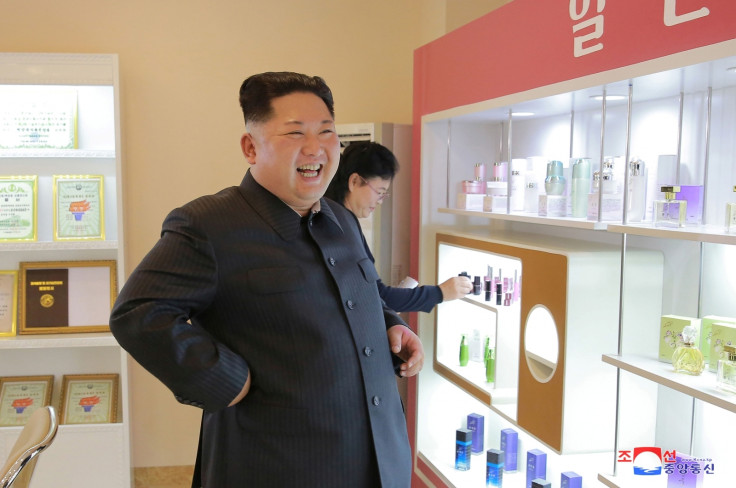North Korea could launch a nuclear blitz against London in just '18 months'
North Korea has been improving its nuclear capabilities for several months.
A former British military commander has warned that the UK could be targeted by North Korea within the next 18 months.
General Sir Richard Barrons blamed cuts to the defence budget for making the UK susceptible to the nightmare scenario.
According to the Metro, Sir Richard said that the armed forces were "in denial" about the challenges they face in the current climate.
He claimed that the defence budget was underfunded by around £2bn per year and that should the UK be the target of a foreign attack, it would simply "fall over."
Sir Richard raised the growing tensions between Britain and Russia as well as the growing nuclear threat from North Korea.
"We are looking at North Korea which within the next 18 to 20 months will mate a nuclear missile to an intercontinental-range ballistic missile which can reach London. We can't deal with that," he said.
Sir Richard added that "we can't deal with that. If we want an Army that can actually fight, we have got to acquire some modern capabilities. It is miles from being able to do that."
The defence department was recently shaken by the sudden departure by secretary Sir Michael Fallon after he was caught up in the ongoing Westminster harassment scandal.
He was replaced by the former chief whip, Gavin Williamson.
The threat from North Korea has grown in recent months, following a series of nuclear and ballistic missile tests.
This has concerned Pacific neighbours including China, South Korea and Japan.
But the ongoing tests have angered the US the most, with Donald Trump threatening the hermit nation with "fire and fury" if they continue their nuclear missile developments.
This has prompted angry responses from Pyongyang including most recently when the state run newspaper called for the Trump to face the death sentence.
Despite these advances, it is not thought that the UK could be a viable target for North Korea for several years.























